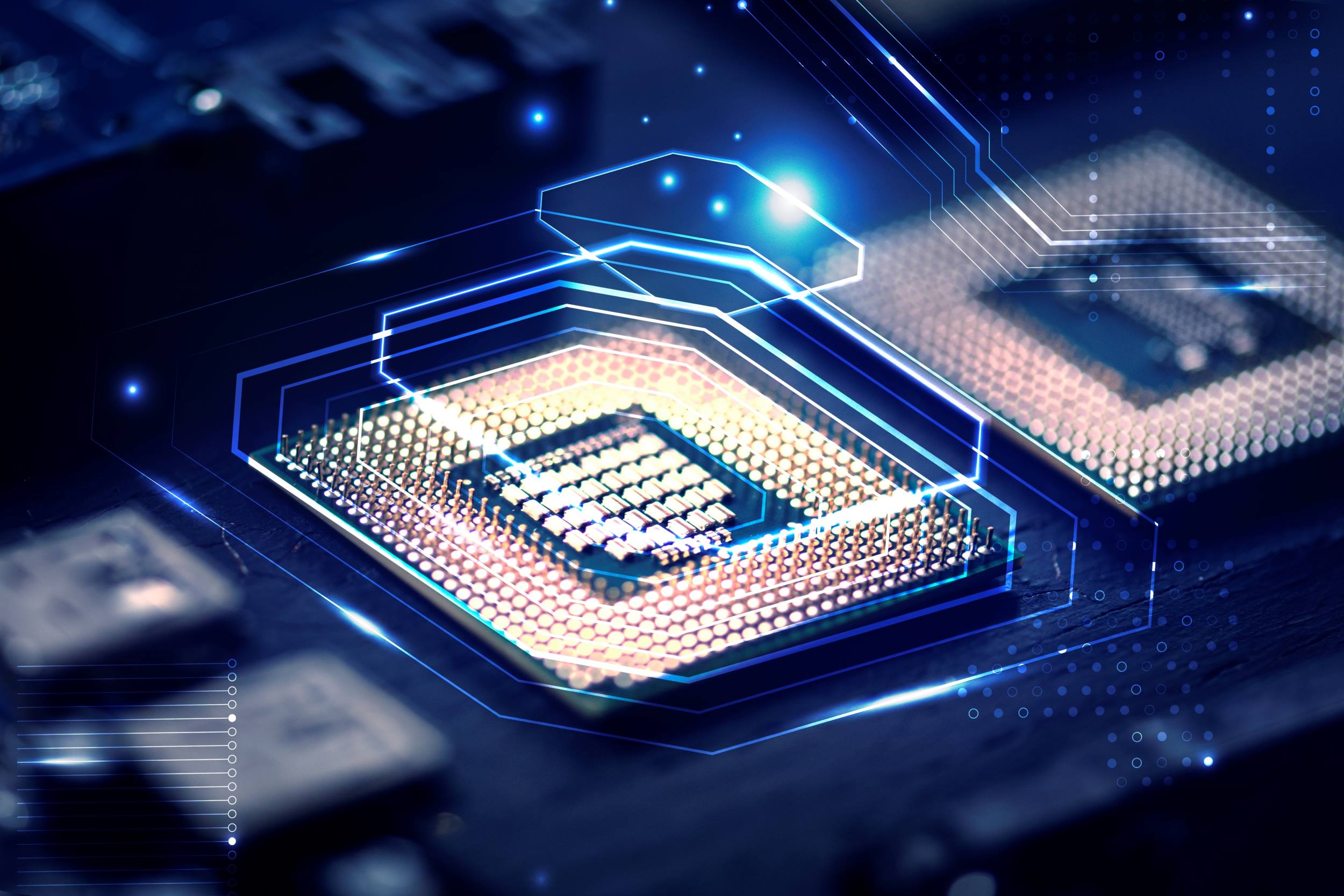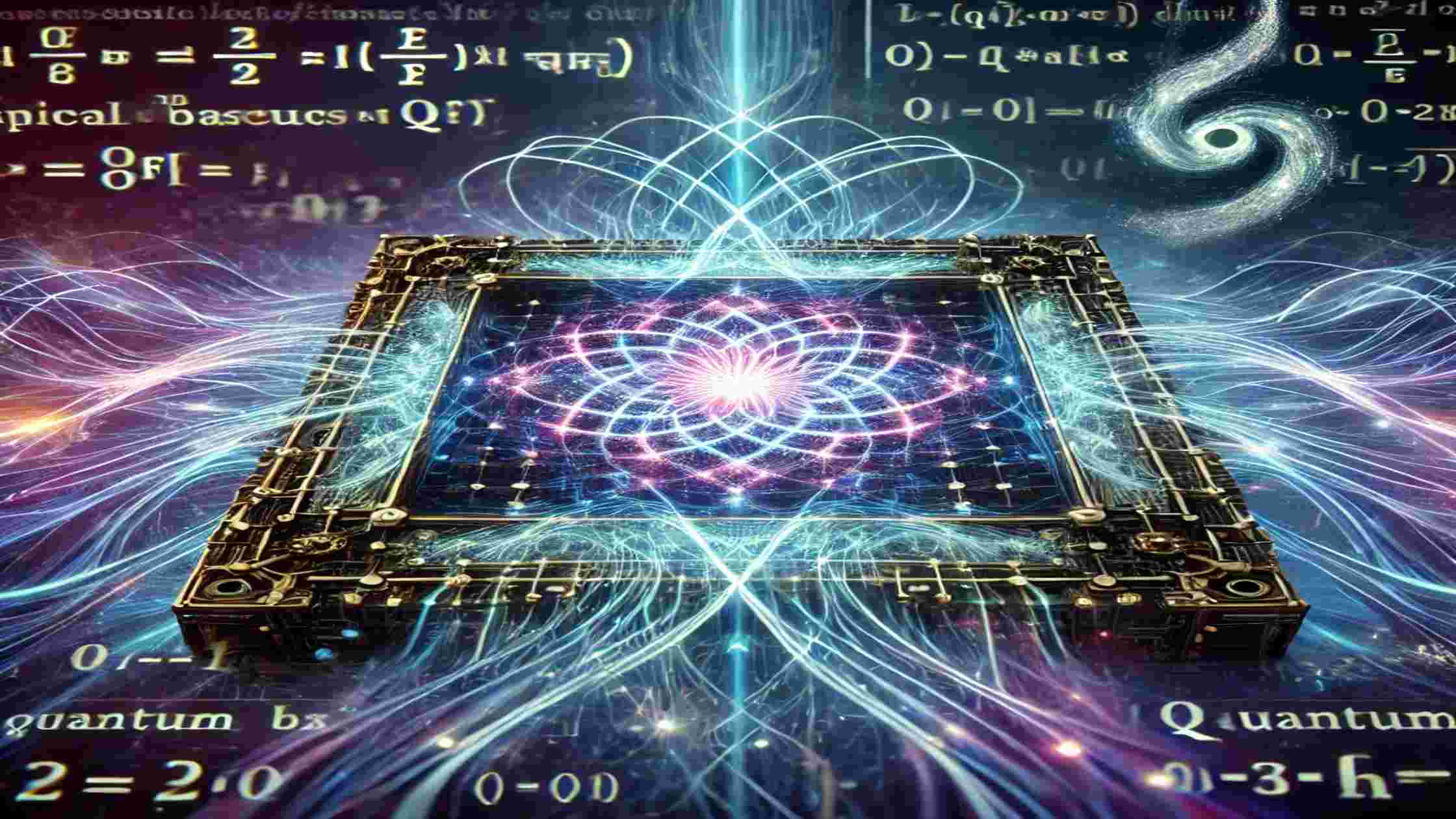Quantum computing is a next-generation way of computation that harnesses the concepts of quantum mechanics to solve problems outside the limits of classical computers. Quantum computers, unlike classical systems relying on bits (0 or 1), rely on qubits—which exist in states more than one at a time. This allows quantum systems to do complex computations at unimaginable speeds.
This definitive guide explains quantum computing in a simplified manner. Discover what it is, how it functions, where it’s applied, the obstacles it encounters, and why it will determine the future of technology.
Covered Contents
ToggleIntroduction to Quantum Computing
Quantum computing brings together the principles of quantum physics and computer science to create powerful machines capable of solving problems far beyond the reach of today’s traditional computers.
➧Leading tech giants like IBM, Google, and Microsoft are pouring billions into quantum research and development.
➧ Innovative startups such as Rigetti, IonQ, and PsiQuantum are also pushing boundaries, working on practical quantum hardware.
➧Once just a theoretical idea, quantum computing is now evolving into real-world technology with the potential to transform industries.
Learn More:10 Best Quantum Computing Companies in 2025
Key Concepts in Quantum Computing
Qubits and Superposition


Entanglement


Quantum Interference


Quantum Gates and Circuits


How Quantum Computers Work
Quantum computers need to be kept in extremely controlled environments because qubits are so sensitive.



These devices are used in cryogenic chambers and are operated through ultra-accurate electronics.
Quantum vs. Classical Computing
Classical computers employ bits—either 0 or 1—to calculate step by step, which is fine for most normal uses. Quantum computers employ qubits that can be 0, 1, or both at the same time and can solve complex problems by considering many possibilities simultaneously. Although classical computing is stable and ubiquitous, quantum computing provides an alternative method of solving problems too complicated or time-consuming for conventional systems.
|
Feature |
Classical Computing |
Quantum Computing |
|
Data Unit |
Bit (0 or 1) |
Qubit (0, 1, or both simultaneously) |
|
Processing Style |
Sequential or parallel |
Massively parallel |
|
Best For |
General-purpose tasks |
Complex modeling, cryptography, AI |
|
Speed |
Linear improvement |
Exponential (for select tasks) |
|
Encryption |
Vulnerable to future attacks |
Enables ultra-secure cryptography |
Types of Quantum Technologies
Quantum computing is being developed in several forms, each with unique strengths and use cases.
➧Gate-based quantum computing is the most flexible model, using quantum gates (like logic gates in classical computing) to perform a wide range of operations. It’s ideal for complex simulations and general-purpose quantum algorithms. Companies like IBM and Google are leading in this area.
➧Quantum annealing is designed specifically for solving optimization problems—like finding the most efficient delivery route or minimizing energy usage. It’s less versatile but faster for these specific tasks. D-Wave is a major player in this space.
➧Photonic quantum computing uses particles of light (photons) instead of electrons or atoms. It offers potential advantages in speed, energy efficiency, and scalability—plus it can operate at room temperature, unlike most other types that require extreme cooling.
➧Topological quantum computing is still in early research, but it aims to use exotic particles to store qubits in a way that’s naturally resistant to errors—solving one of quantum computing’s biggest challenges. Microsoft is exploring this approach.
Real-World Applications of Quantum Computing
Drug Discovery & Healthcare
➯ Model molecular interactions to speed up drug discovery.
➯Employed by firms such as Roche and Biogen.
Financial Services
➯ Execute quicker and more precise simulations for risk, fraud, and pricing.
➯ Assists portfolio optimisation and predictive analytics.
Climate and Weather Forecasting
➯ Model complex systems to make more accurate predictions.
➯ Assists environmental modeling and disaster prediction.
Cybersecurity
➯ Create quantum-proof encryption using quantum key distribution (QKD).
➯ Prepares systems for post-quantum cryptography.
Key Challenges in Quantum Computing
Error Correction


Decoherence


Scalability


Lack of Standards


What’s Next: The Future of Quantum Computing
➧Achieving Quantum Advantage—where quantum outperforms classical—is nearing reality.
➧ Quantum Utility—solving real-world problems—is already underway.
➧ Future systems will likely combine classical and quantum elements for hybrid computing solutions.
Examples of Quantum Computers Used
IBM Quantum – IBM provides cloud-based access to its superconducting quantum processors, enabling developers, researchers, and students to experiment using products of its Qiskit SDK, a high-performance open-source platform for coding quantum programs. IBM has also made a transparent roadmap for scaling up towards bigger, more powerful quantum systems over the next few years.
Google Sycamore – Google’s 53-qubit Sycamore processor was making the news in 2019 when it attained “quantum supremacy,” successfully executing a particular computation within 200 seconds that could take more than 10,000 years for a classical supercomputer. It’s used mainly for experimental quantum advantage research and algorithm testing.
Rigetti Aspen – Developed by Rigetti Computing, the Aspen series features a modular architecture designed to scale easily. It’s accessible through Rigetti’s cloud platform Forest, which supports hybrid quantum-classical computing and is used for applications in finance, chemistry, and machine learning.
D-Wave Advantage – In contrast to gate-based systems, D-Wave’s computers utilize quantum annealing, which is very efficient when applied to realistic optimization problems such as logistics, scheduling, and traffic routing. Their Advantage machine has a capacity for up to 5,000+ qubits and is offered through the Leap cloud platform.
Quantum Computing in the Cloud
Cloud platforms are transforming how we access quantum computing by making powerful systems available to anyone—from students to enterprise teams—without needing physical quantum machines.
IBM Quantum Experience provides interactive tools, simulators, and real-time access to IBM’s quantum systems. It’s ideal for learning, prototyping, and experimenting with real quantum circuits using Qiskit.
Amazon Braket offers flexible access to multiple quantum hardware types, letting users explore different quantum models and develop hybrid quantum-classical solutions—all within the AWS environment.
Microsoft Azure Quantum integrates quantum hardware and tools with Microsoft’s classical cloud services, making it easier for developers to build scalable quantum applications using familiar coding languages.
Together, these platforms are lowering the barrier to entry, helping users test ideas, accelerate research, and prepare for a future where quantum and classical computing work side by side.
Industries Quantum Will Transform
Quantum computing isn’t just a lab experiment—it’s set to revolutionize some of the world’s most critical industries.
➤In logistics, quantum algorithms can optimize delivery routes and warehouse operations in real time, reducing costs and improving efficiency across global supply chains.
➤The banking and finance sector stands to gain smarter fraud detection, faster risk modeling, and more accurate credit scoring, all driven by the power of quantum-enhanced data analysis.
➤In pharmaceuticals, quantum simulations can drastically cut drug discovery timelines by modeling molecular interactions and protein folding with unmatched precision—something classical computers struggle to do.
➤The energy industry is exploring quantum tools to better model battery chemistry, optimize power grids, and accelerate the shift to renewables through smarter forecasting and system design.
Industry experts from platforms like EdgeIR and WWT agree: quantum computing is rapidly becoming a key driver in the future of AI, machine learning, and edge technologies—pushing the boundaries of what’s computationally possible.
Debunking Quantum Myths
Quantum computing holds immense promise, but common misconceptions often cloud its reality. Here’s a quick clarification of key myths:
➤Myth: Quantum computers are always faster
Reality: Only for specific problems—like optimization or molecular modeling. For everyday tasks, classical computers remain more efficient.
➤Myth: They will replace classical systems
Reality: Quantum machines will complement classical ones in hybrid setups. They’re not general-purpose replacements.
➤Myth: Quantum supremacy means practical use
Reality: Supremacy proves speed in narrow, theoretical tasks—not readiness for real-world deployment.
Glossary: Understand Key Quantum Terms







Final Thoughts
Quantum computing has the potential to disrupt how we solve problems, from drug development and logistics to national security. It’s not science fiction—it’s science in motion.
➥With major investments, active platforms, and growing interest, quantum computing is becoming a key piece of the future tech puzzle.
Frequently Asked Questions
Q: How is quantum computing different from classical computing?
➥ Quantum uses qubits (multi-state); classical uses binary bits (0/1).
Q: Can I use a quantum computer today?
➥ Yes, cloud platforms like IBM, Microsoft, and Amazon offer access.
Q: Do I need a physics background to learn quantum computing?
➥ No. Developer-friendly tools like Qiskit and Cirq help beginners get started.
Q: Is quantum computing a security threat or solution?
➥ Both. It can break old encryption but also enables new, ultra-secure methods.




13 thoughts on “What is quantum computing? A Basic Guide”